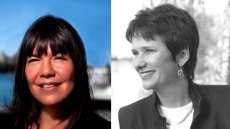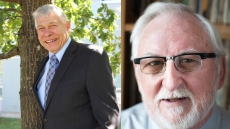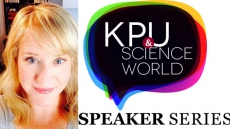The question about why intelligent people tend to be atheists dates back to the times of Romans and Ancient Greeks.
The link between intelligence and religion can be explained if religion is considered an instinct, and intelligence the ability to rise above one's instincts. This is the suggestion by Edward Dutton of the Ulster Institute for Social Research in the UK and Dimitri Van der Linden of the Rotterdam University in the Netherlands.
The Intelligence-Mismatch Association Model proposed by the two authors tries to explain why historical evidence and recent survey data in different countries and between various groupings supports the stance that intelligence seems to be negatively associated with being religious.
Their model is based on the ideas of evolutionary psychologist Satoshi Kanazawa's Savanna-IQ Principles, according to which human behaviour will always be somehow anchored in the environment in which their ancestors developed.
Dutton and van der Linden argue that religion should be regarded as a separate evolved domain or instinct, whereas intelligence allows people to rise above their instincts. Rising above instincts is advantageous because it helps people to solve problems.

"If religion is an evolved domain then it is an instinct, and intelligence -- in rationally solving problems -- can be understood as involving overcoming instinct and being intellectually curious and thus open to non-instinctive possibilities," explained Dutton.
In the proposal of their Intelligence-Mismatch Association Model, Dutton and van der Linden also investigate the link between instinct and stress, and the instinctiveness with which people tend to operate during stressful periods. They argue that being intelligent helps people during stressful times to rise above their instincts.
"If religion is indeed an evolved domain -- an instinct -- then it will become heightened at times of stress, when people are inclined to act instinctively, and there is clear evidence for this," said Dutton. "It also means that intelligence allows us to able to pause and reason through the situation and the possible consequences of our actions."
The researchers believe that people who are attracted to the non-instinctive are potentially better problem solvers. "This is important, because in a changing ecology, the ability to solve problems will become associated with rising above our instincts, rendering us attracted to evolutionary mismatches," adds van der Linden.

The study appears in Springer's journal Evolutionary Psychological Science





